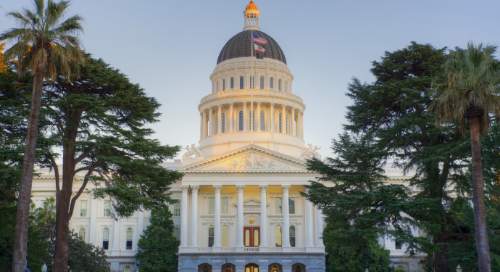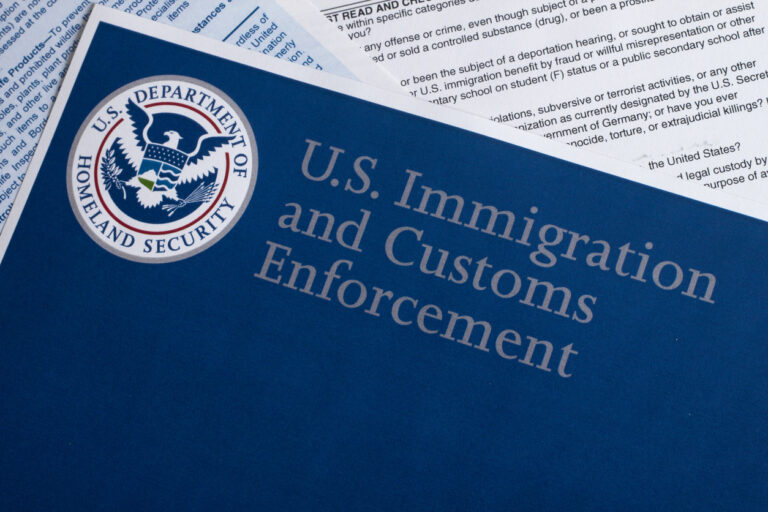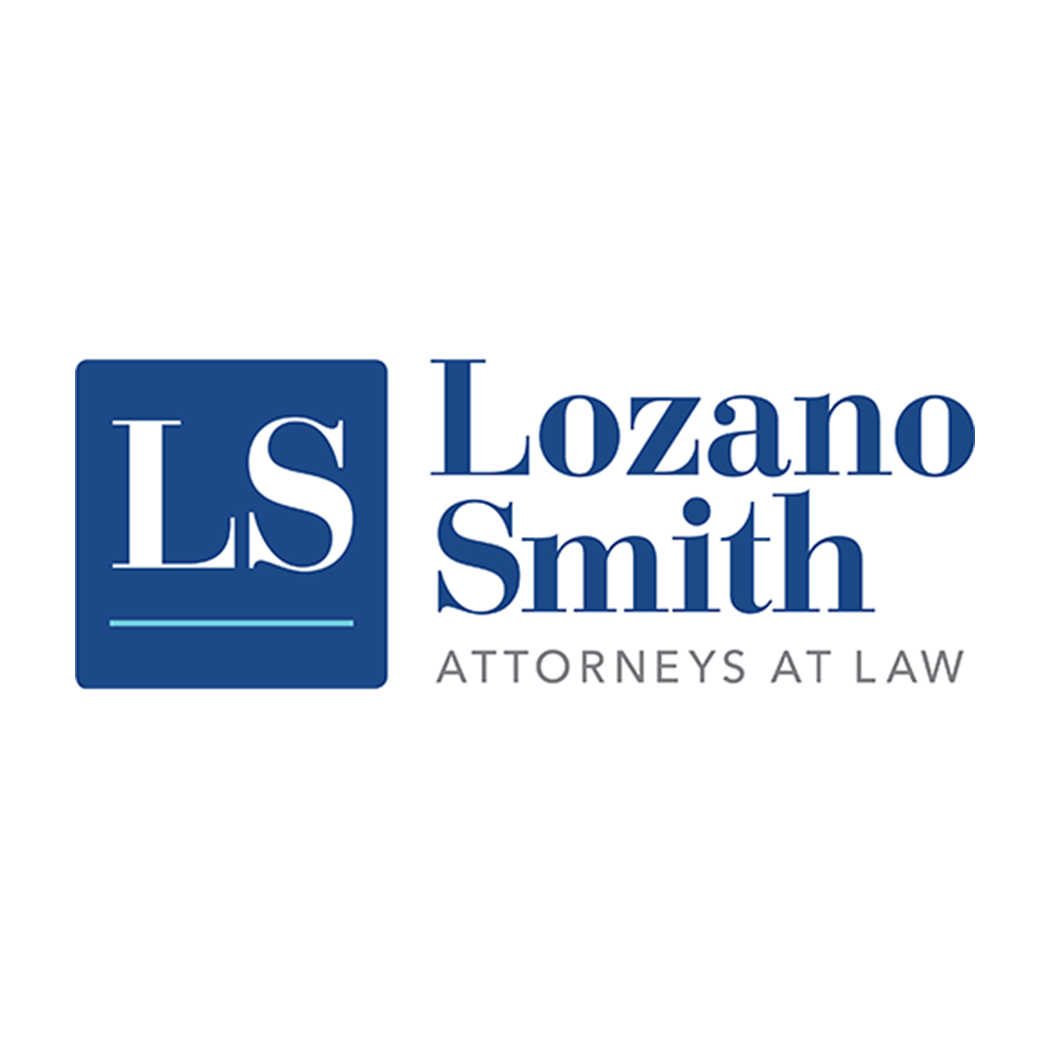Every Year, the ACSA Member Assistance & Legal Support Team (MALST) responds to questions and concerns from over 800 ACSA members. One of the topics they receive questions about is defamation. Members call with a statement that a colleague, staff member, parent or member of the public has defamed them or made slanderous and libelous remarks about them in public. These members want to know what their rights are. We asked the MALST members John Almond, Sharon Dezutti, Joe Jones, Janet Morey, Gary Rutherford, Bill Tschida and Lloyd Wamhof to respond to a series of questions about defamation.
What is defamation?
Defamation is a generic name for false statements that injure a person’s reputation. As a general rule, libel is written, and slander is oral.
Do the ACSA MALST Advocates see an increasing number of members who call wanting to know what they can do if someone has slandered or defamed them?
Yes, in fact, several years ago our team assisted EdCal in writing a similar article about defamation. Because of the increasing number of ACSA members who have reached out to us over the past couple of years, we are updating the article and have asked one of our panel attorneys, Barry Bennett, to review our responses to the questions to make sure we’re still on target. We feel there is a general misunderstanding by some of our members of what the legal issues are related to bringing a defamation case against someone and how difficult it is to prove in court, especially if you are a public figure. Administrators are considered public figures. We also want to acknowledge Sacramento attorney Jay-Allen Eisen for his contribution to our original article.
What is the most critical misunderstanding about whether you have been defamed?
Clearly, the First Amendment of the Constitution guarantees every person the “right to criticize public men (and women) — and that means not only informed and responsible criticism but the freedom to speak foolishly and without moderation.” This right has been substantiated by a number of court cases over the years.
So, does this mean a member of the public may stand up in a school board meeting and make negative comments about the superintendent or any other administrator?
As a general rule, yes. Of course, the member of the public must follow the rules adopted by the board for making public comments. The courts have been very consistent about “free speech” being protected by the First Amendment. To assure that a defamation lawsuit is not used to stifle speech protected by the First Amendment, the courts have imposed another limitation.
What is that limitation?
A public figure cannot sue for libel or slander unless the defendant made the defamatory statement with malice. In the New York Times v. Sullivan case (376 U.S, at 270-271), it was affirmed that “malice” has a special meaning. It does not mean that the defendant acted from personal animosity or with a desire to injure. Even if that is true, it is not enough to satisfy the First Amendment. The plaintiff must show that the defendant made the defamatory statement knowing that it was untrue, or with reckless disregard for its truth or falsity.
So, proving malice may be difficult for a public figure?
That’s right. The plaintiff has the burden to prove malice and must prove it by having convincing evidence.
Are there any other hurdles that make it difficult for a public figure to sue for defamation?
Yes. California’s Free Speech Clause in the California Constitution, Articles 1 & 2. The California Supreme Court has held that the State Constitution is broader and more protective of free speech than the Federal Constitution.
Does California provide any other limitations for a public figure suing for defamation?
Yes, California Civil Code 47. Under subdivision (b) of Civil Code 47, statements made during a judicial proceeding or any other official proceeding, such as the meeting of a school board, are absolutely privileged. Statements in these proceedings cannot constitute defamation, since libel and slander are defined as “unprivileged” statements (California Civil Codes 45, 46).
So, the loudmouth who rants about an administrator during a school board meeting cannot be held liable for defamation?
Yes, that is generally correct, even if the loudmouth charges the administrator with misconduct or impugns the administrator’s fitness for office; even if the charges are false; even if they were made with the intent to harm; and even if the administrator is actually harmed. In fact, statements made during an official proceeding cannot be the basis for a defamation suit, even if they were completely irrelevant to the proceeding.
Are your answers to these questions based on court decisions?
Yes, on court decisions and on the First Amendment of the U.S. Constitution, as well as the California Constitution and California Civil Code. In addition to the New York Times v. Sullivan case stated earlier in this article, here is another court case we used as a reference: In Martin v. Kearney, parents sent a letter to a principal charging that a teacher lacked judgment, was rude, disrespectful, vindictive and unjust; misused her authority; and flunked students she did not like. The teacher claimed the statements were false and sued the parents for defamation. The court of appeal held she had no right to sue. Even if the letter was false, the court held that it was “communication to an official administrative agency … designed to prompt action by that agency,” and therefore protected by the absolute privilege of California Civil Code 47. Id., 51 Cal.App.3d at 911.
Does this mean that a school administrator may never win on a defamation issue?
No. However, what it does mean is that California public officials, including school administrators, must clear some high hurdles of California Civil Code 47, the First Amendment, California’s Free Speech Clause, and findings in court cases to sue a member of the public for defamation based on accusations about the official’s performance of duties or fitness to serve. There are some very rigorous requirements to meet. We’re just trying to point out that just because someone makes false statements about you or criticizes you in public it’s likely the courts are going to come down on the side of free speech. A judge in one court defamation case stated, “as a public figure you need to develop a thick skin, this comes with the territory.”
Has social media increased the number and volume of negative remarks made about administrators and therefore calls to your team about defamation issues?
Yes, we have noticed an increase in calls since the beginning of the pandemic. Our team is very aware of the increased challenges administrators have experienced in the past couple of years.
If you have questions about administrator rights or other concerns, go to www.acsa.org/legalsupport. Complete the legal request form and you will be contacted by an Advocate with the Member Assistance and Legal Support Team. This service is under the direction of Member Support Program Director Joanne Godfrey and Deputy Executive Director Margarita Cuizon-Armelino.





























